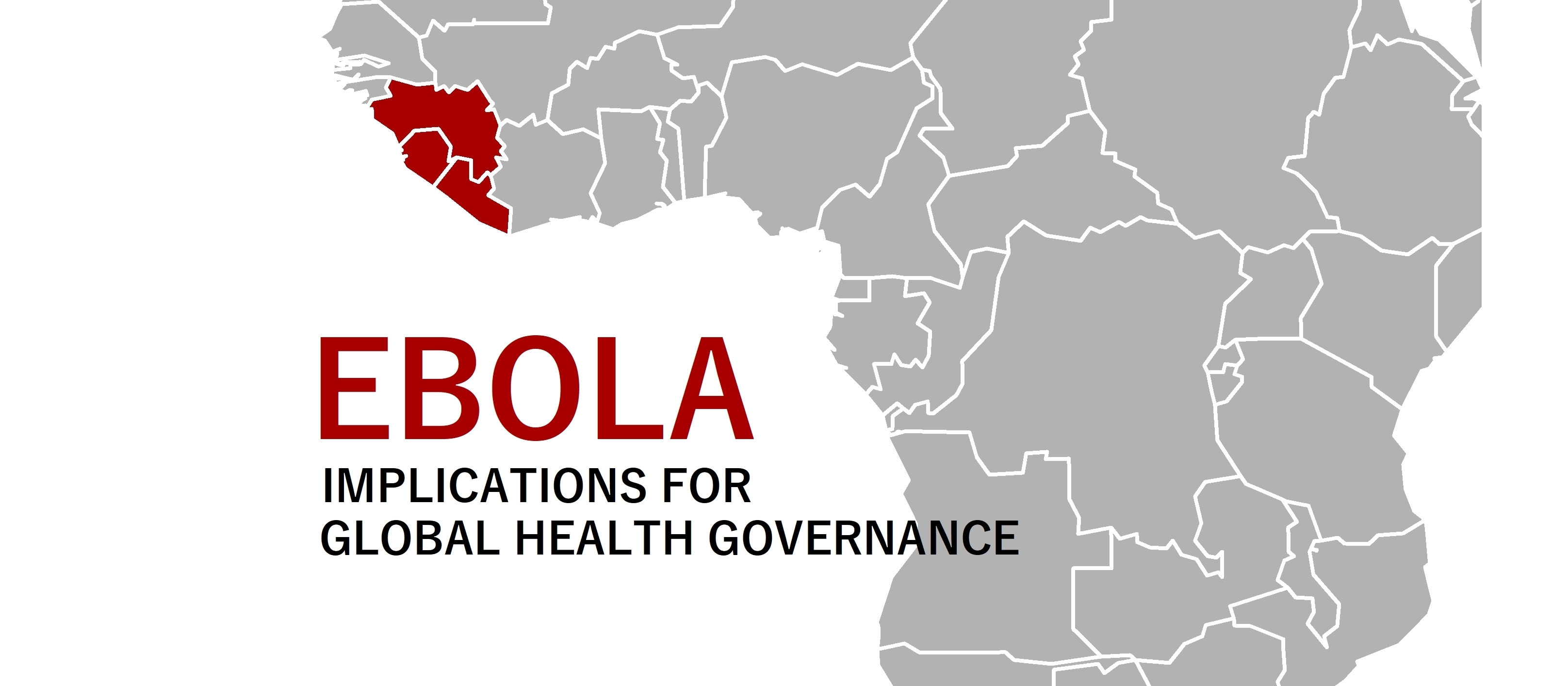By Charles Clift
The World Health Organization’s (WHO) programme of reform, begun in 2010, did not prevent the WHO from failing in getting to grips with the Ebola outbreak in 2014. At the root of its problems in fighting Ebola was the dysfunctionality inherent in its three-tier structure including six self-governing regional offices and 150 country offices. The reform programme has failed so far to address adequately this aspect of WHO governance. In the absence of fundamental reform, there are proposals to institute a ‘command and control’ structure which bypasses the WHO’s decentralized governance structure in the event of emergencies. It is not clear that the specific reform proposals on these lines made by the five panels that have reported to date on the lessons to be learned from Ebola are capable of being implemented by the WHO, or that member states as a whole really want to see the fundamental changes being advocated for the WHO’s emergency work.


